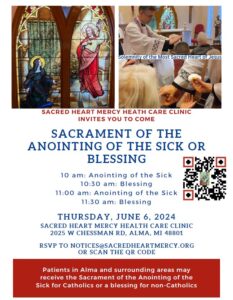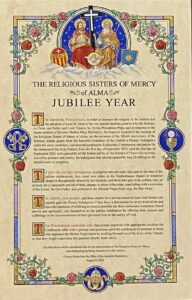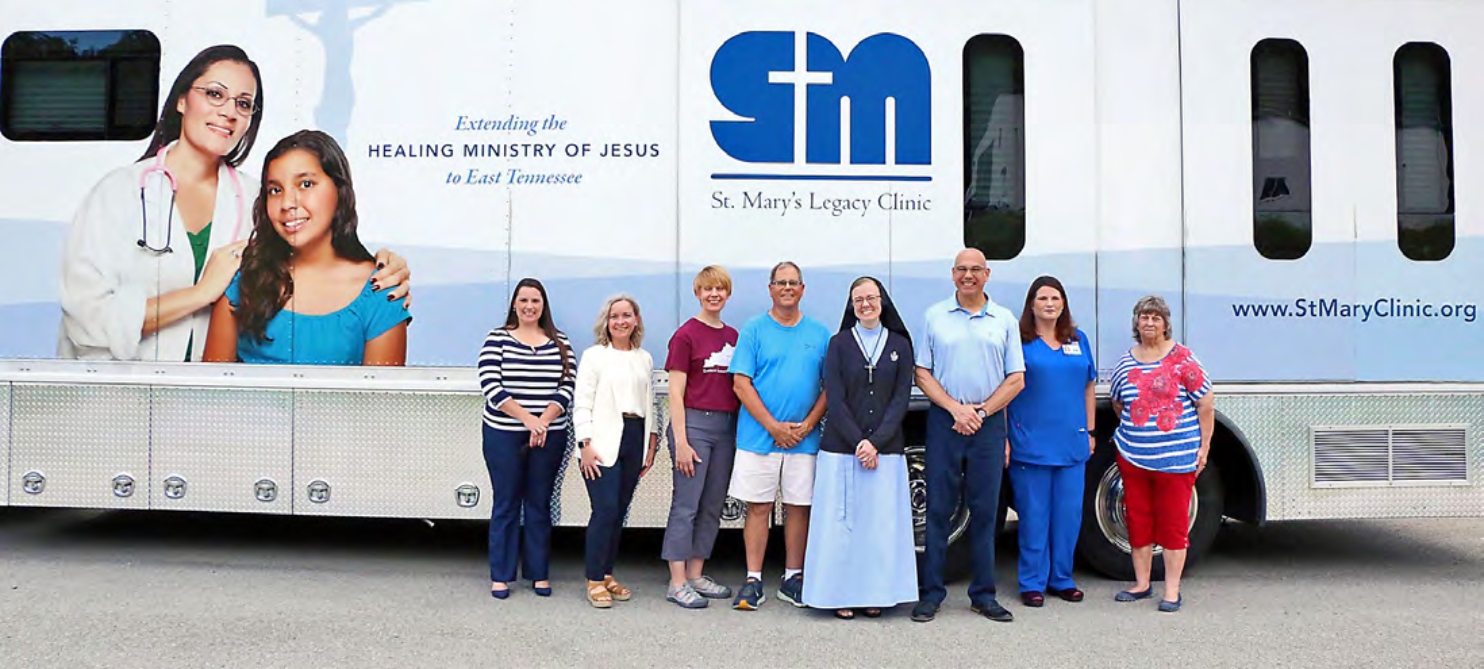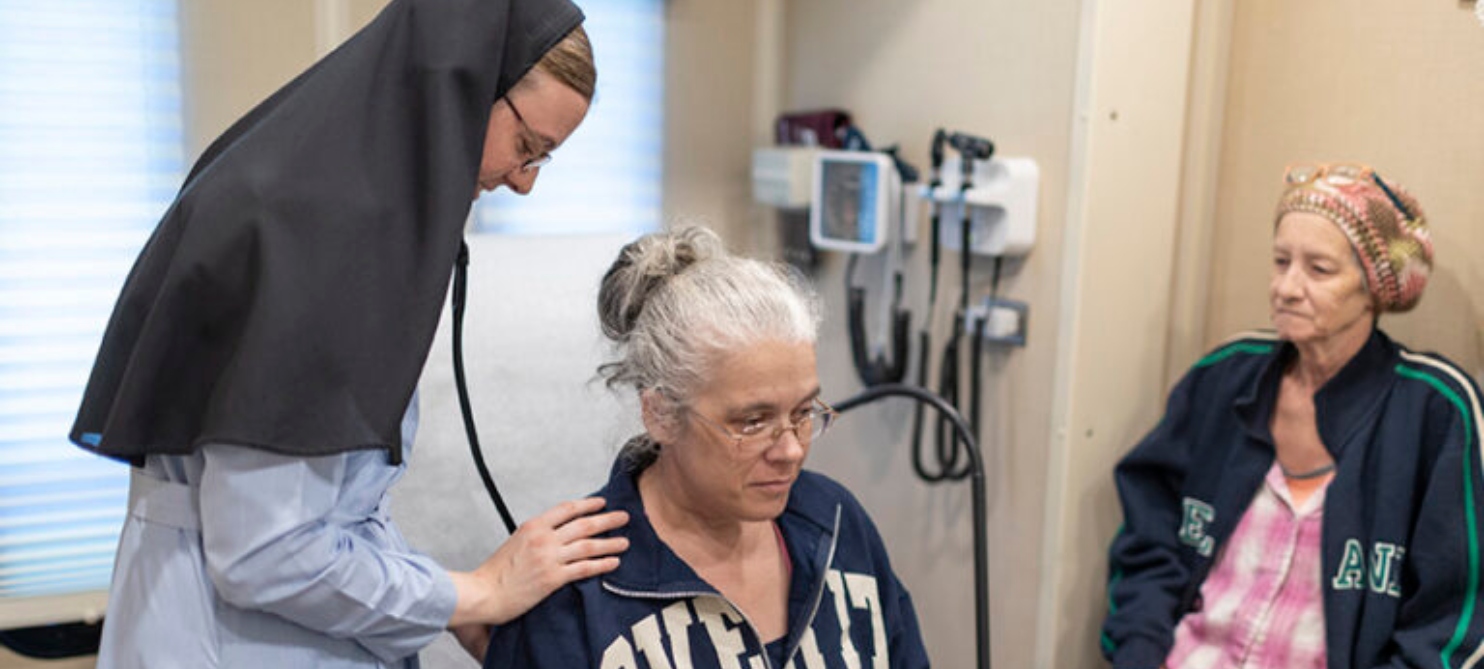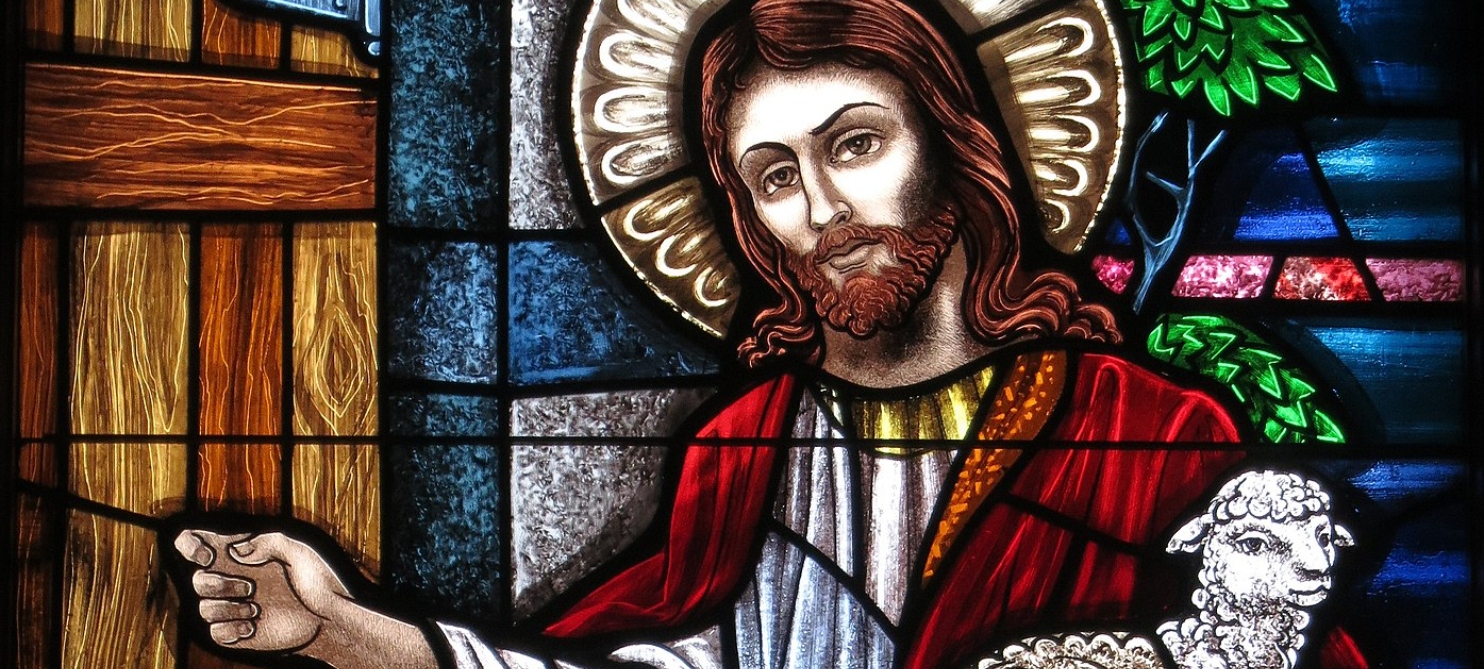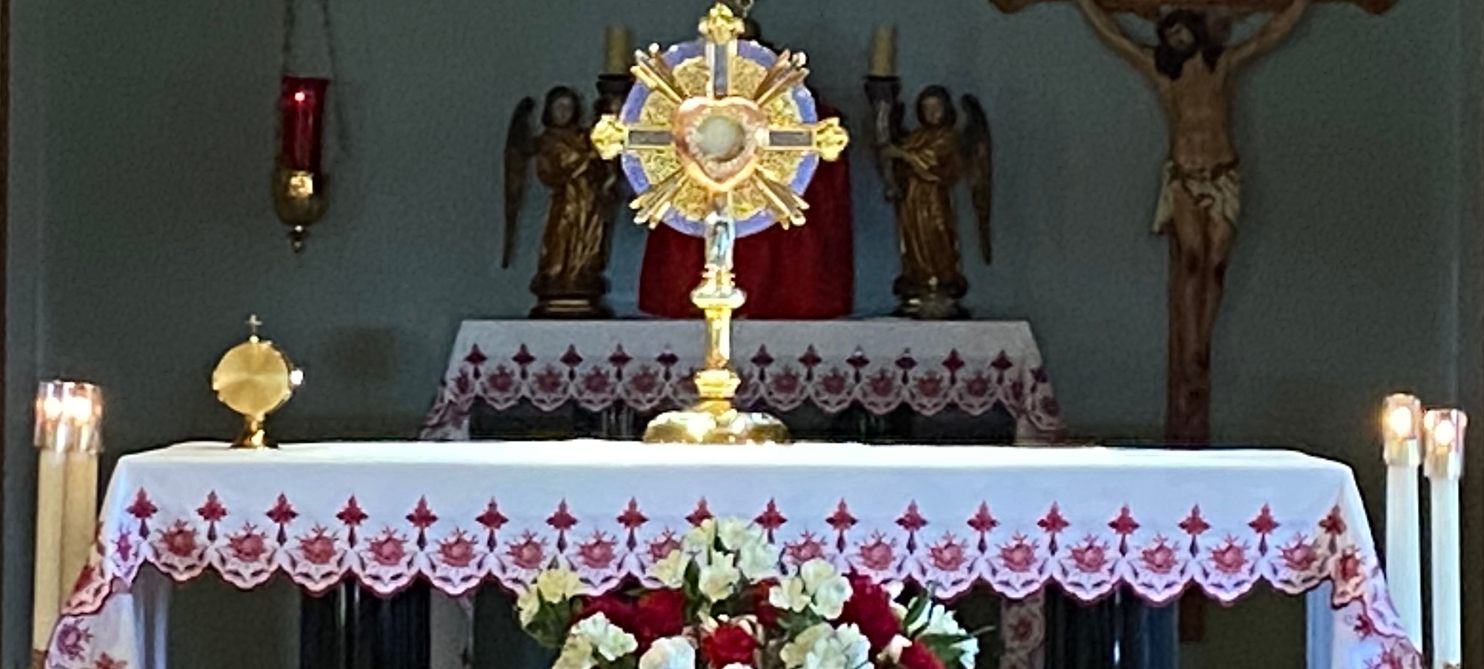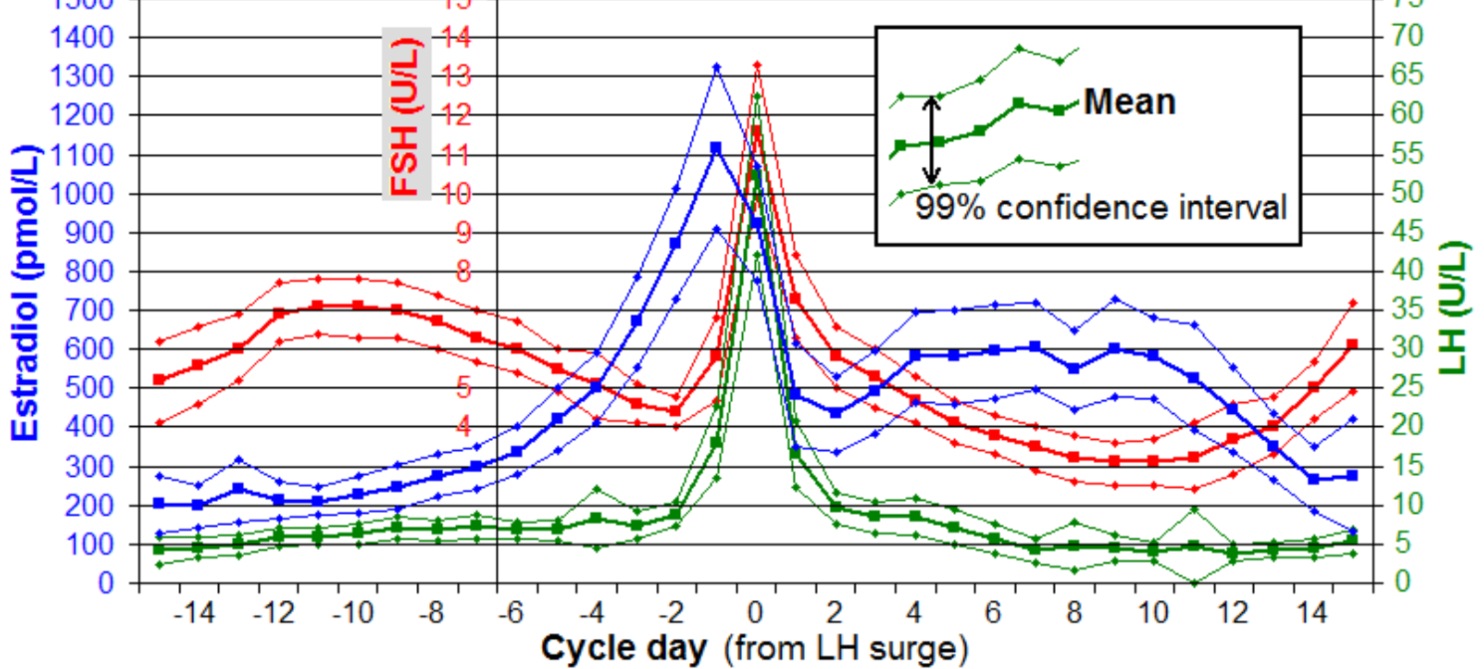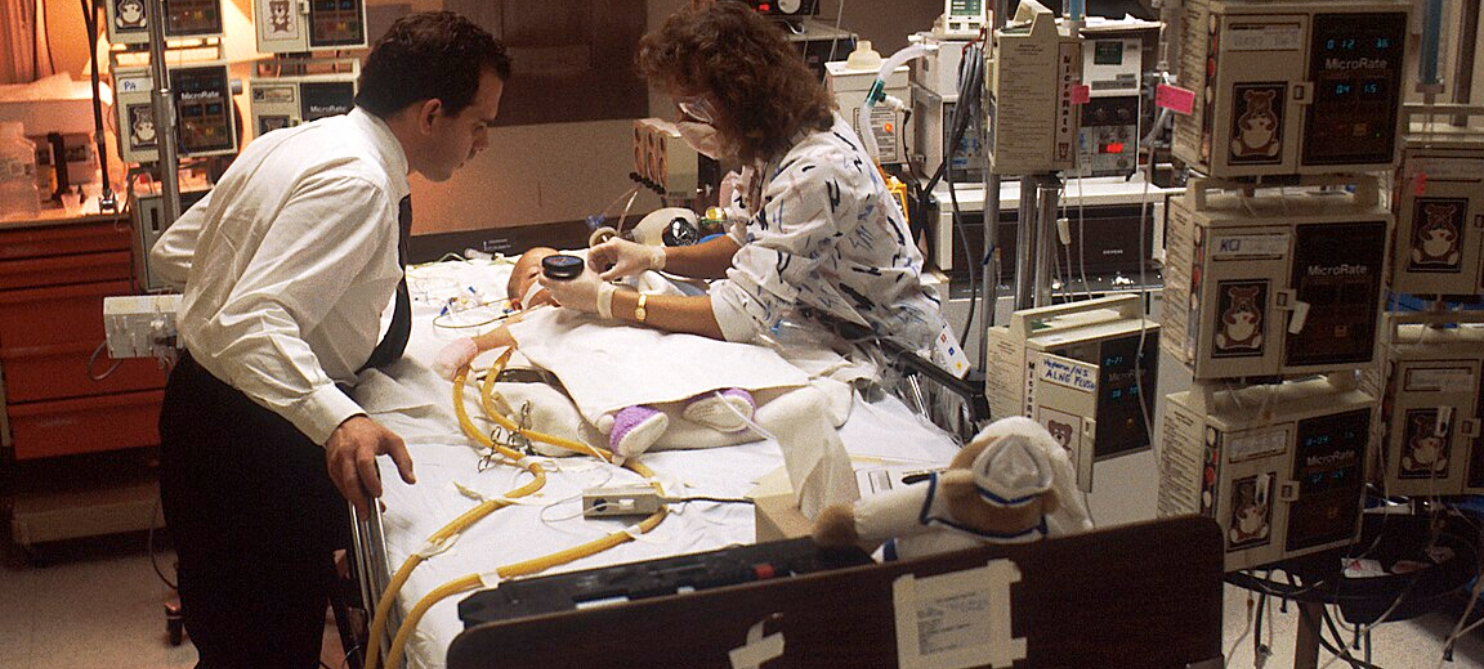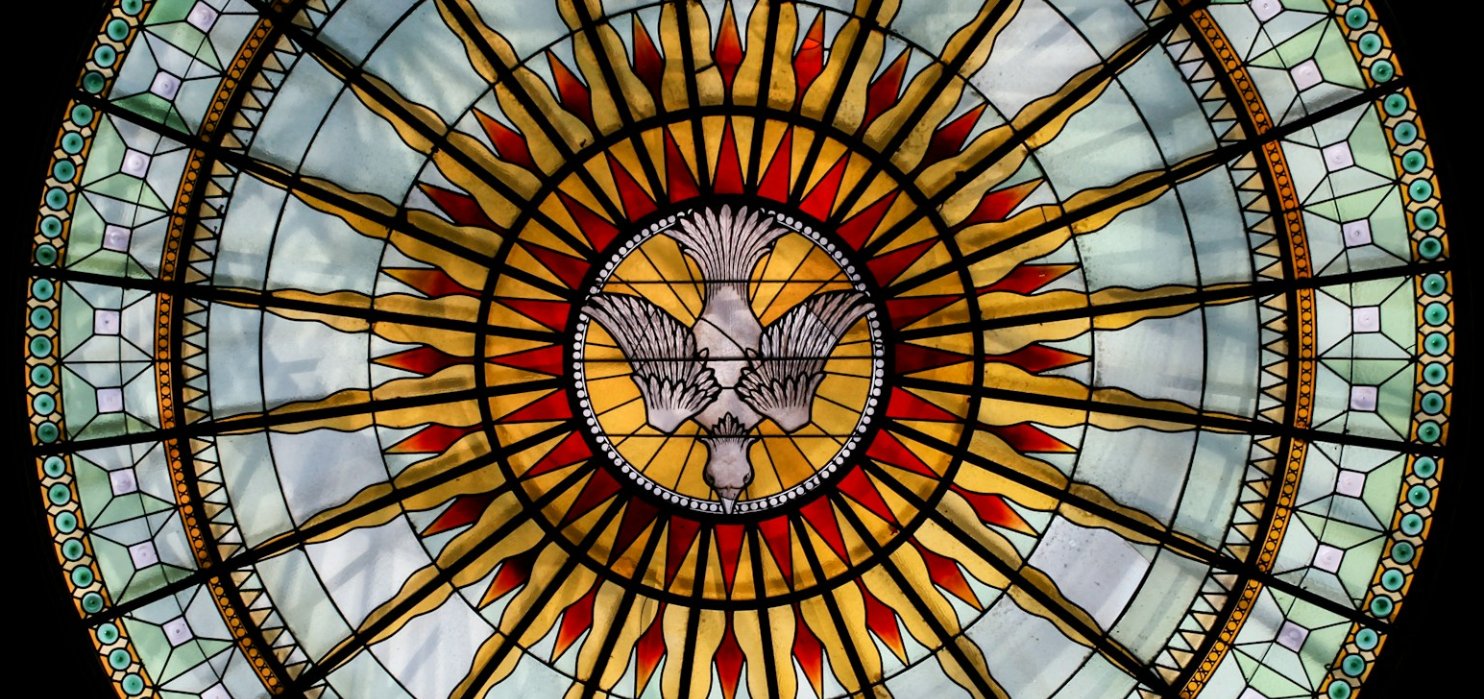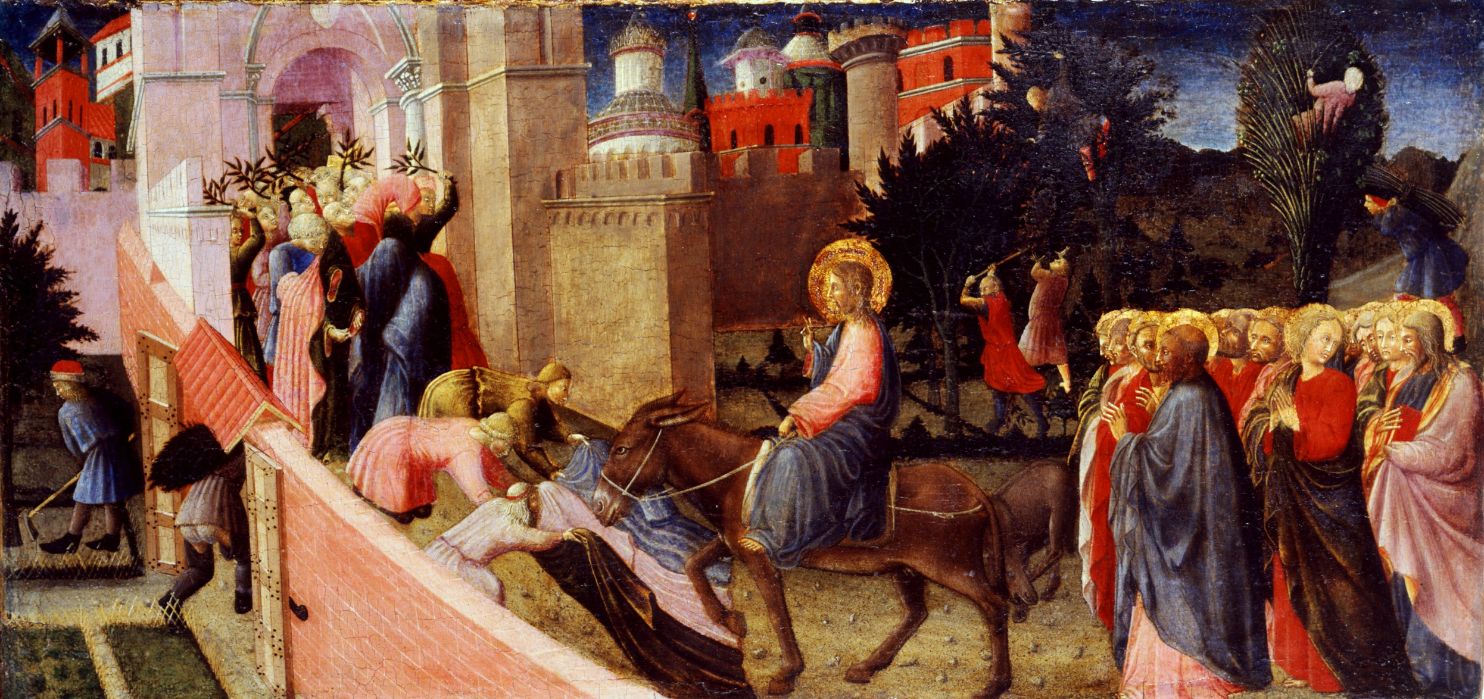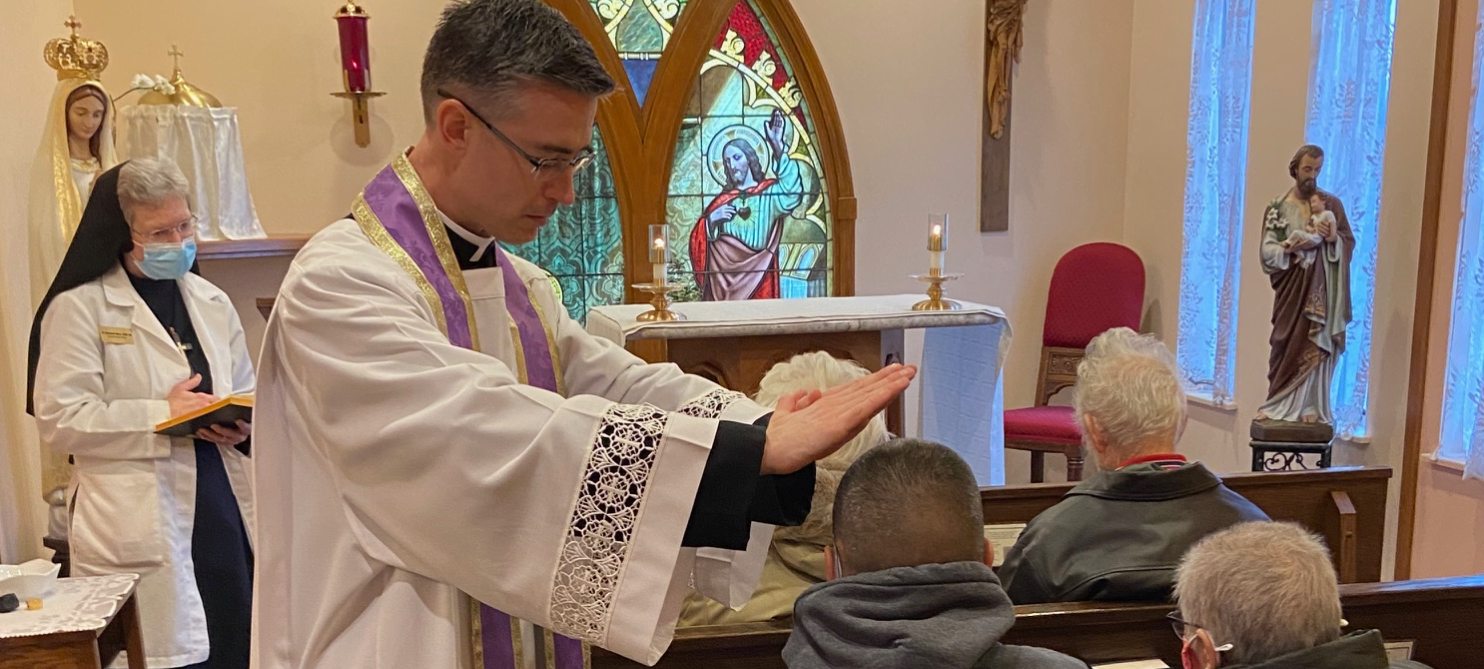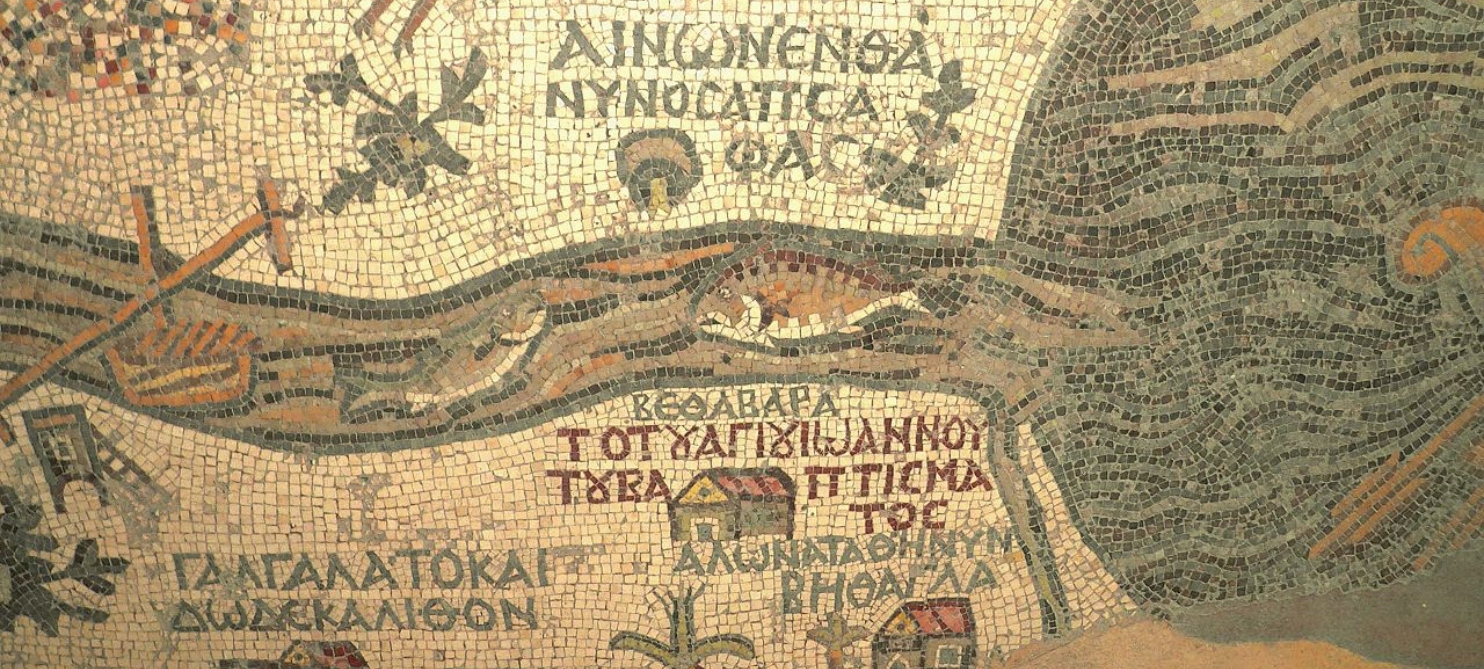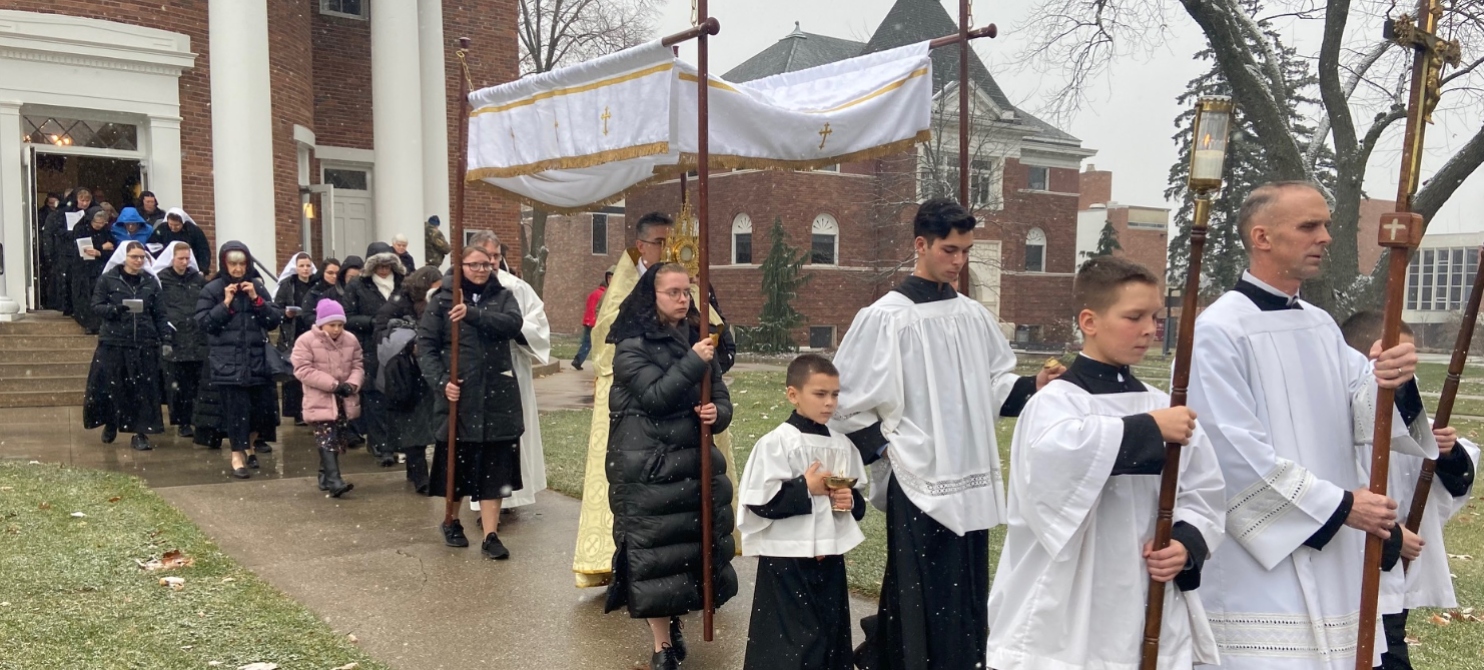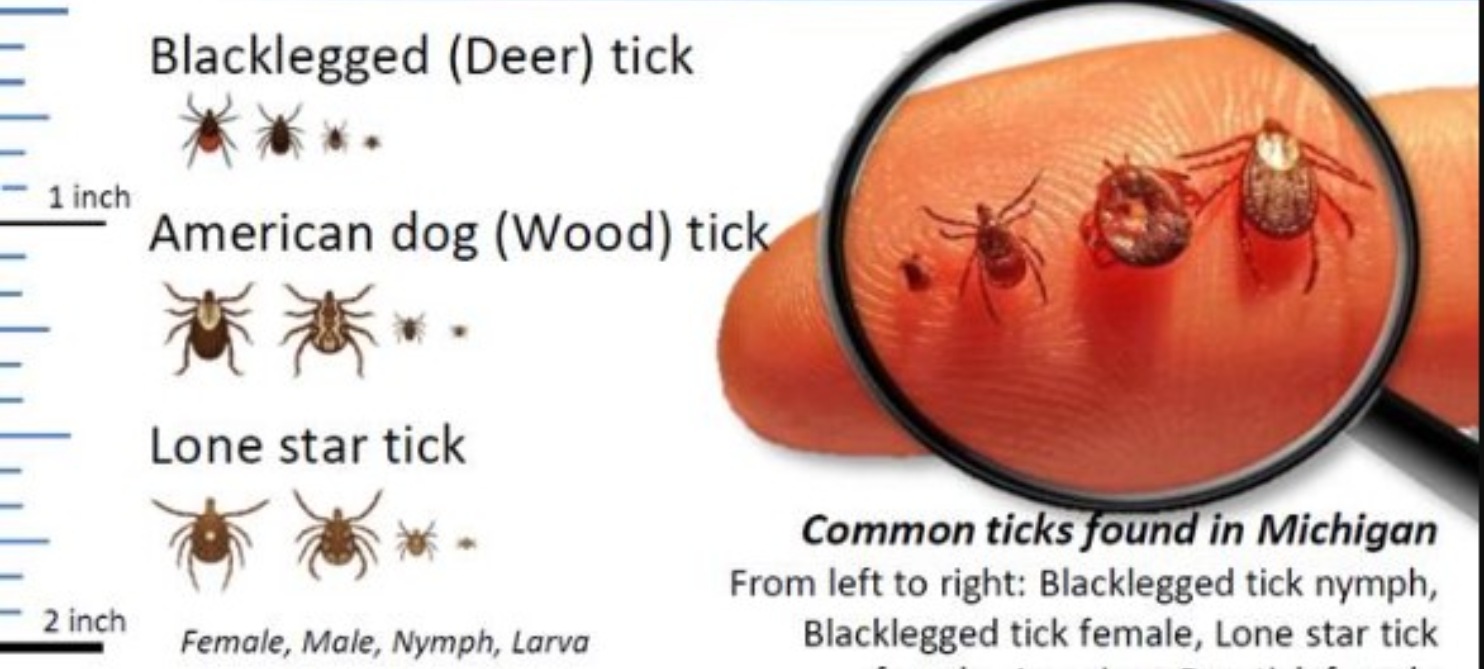The term epiclesis is a Greek word that means “invocation”, the calling upon God in prayer. Usually, we use it in reference to calling upon the Holy Spirit. We read in the Catechism of the Catholic Church:
The Epiclesis (“invocation upon”) is the intercession in which the priest begs the Father to send the Holy Spirit, the Sanctifier, so that the offerings may become the body and blood of Christ and that the faithful by receiving them, may themselves become a living offering to God. [i]
Actually, each of the Sacraments has its own proper epiclesis. In his book, The Wellspring of Worship, Father Jean Corbon, OP, has sections on this regarding each of the Sacraments. In his chapter The Sacramental Epicleses, there is a section entitled, The Epicleses of Healing, or the Victory Over Death, in which Fr. Corbon focuses on the Sacrament of Penance (also called Confession or Reconciliation) and the Sacrament of the Anointing of the Sick.
For the purposes of this post, let us focus on the prayer and mystery unfolded in these Sacraments of healing, specifically the Anointing of the Sick:
In the Anointing of the Spirit we are Healed in Hope
‘Holy Father, physician of our souls and bodies’; these are the words that begin the epiclesis of … the anointing of the sick–by which our chronic sickness is cured. Forgiveness, that is, the outpouring of the Spirit who establishes communion, attacks death at its root and its most hidden sting, namely sin (1 Cor 15: 56). The anointing of the Spirit, this mysterious oil that penetrates our mortal bodies, is like a new myrrh which the Spirit pours on the suffering members of the Lord … The evident wounds of sin that little by little furrow our bodies are thus healed in hope.[ii]
The Anticipation Our Complete Resurrection
The epiclesis of the sacrament anticipates for each of us our complete Resurrection, and this is again the work of the Holy Spirit: “If the Spirit of him who raised Jesus from the dead has made his home in you, then he who raised Christ Jesus from the dead will give life to your mortal bodies through his Spirit living in you” (Rom. 8:11) .… [iii]
The Spirit Transforms our Weakness into Life-Giving Love
In the anointing of the sick the Spirit configures us to Jesus in his sufferings, transforms our weakness into life-giving love, and completes in our members the irresistible passage of him who is head of the body. Thus that which Ezekiel glimpsed in his vision of the dry bones (Ez 37:1–14) becomes a reality for us; the Spirit of life lays hold of us in our weakness, and the “seal of his gift” becomes a pledge of resurrection that nothing can take from us. Jesus healed the sick during his time on earth, thus restoring them to life that must end. But when his Spirit permeates our bodies that have been wounded by death, he causes them to pass beyond death: ‘death is no more, because Christ our God is risen!’ [iv]
Taking the Opportunity to Receive Grace
In this Jubilee year for the Religious Sisters of Mercy of Alma, Michigan, Sacred Heart Mercy Health Care Clinic is offering multiple occasions for patients to come to receive the Sacrament of the Anointing of the Sick. For our non-Catholic patients, a blessing is offered instead of the Sacrament. There is also an opportunity for people to receive a plenary indulgence when visiting the Chapel, under the usual conditions.[v] The next opportunity to participate in the Sacrament of the Anointing of the Sick or to receive a blessing will be the Solemnity of the Sacred Heart of Jesus, June 6, 2024.
What is an Indulgence?
What are the Usual Conditions to receive a Plenary Indulgence?[vi]
________________________________________________________
Photo by Thaï Ch. Hamelin / ChokdiDesign on Unsplash
[i] “The Holy Spirit Makes Present the Mystery of Christ, Para. 1105.” Catechism of the Catholic Church – Part 2 section 1 chapter 1 Article 1. Accessed May 19, 2024. http://www.scborromeo.org/ccc/p2s1c1a1.htm#1105.
[ii] Corbon, Jean. “The Sacramental Epiclesies.” Essay. In The Wellspring of Worship, 116. Mahwah, NJ: Paulist press, 1988.
[iii] Ibid.
[iv] Ibid.
[v] “Plenary Indulgences – General Conditions: EWTN.” EWTN Global Catholic Television Network. Accessed May 21, 2024. https://www.ewtn.com/catholicism/devotions/conditions-13362.
[vi] Ibid
Published for Pentecost
May 21, 2024
